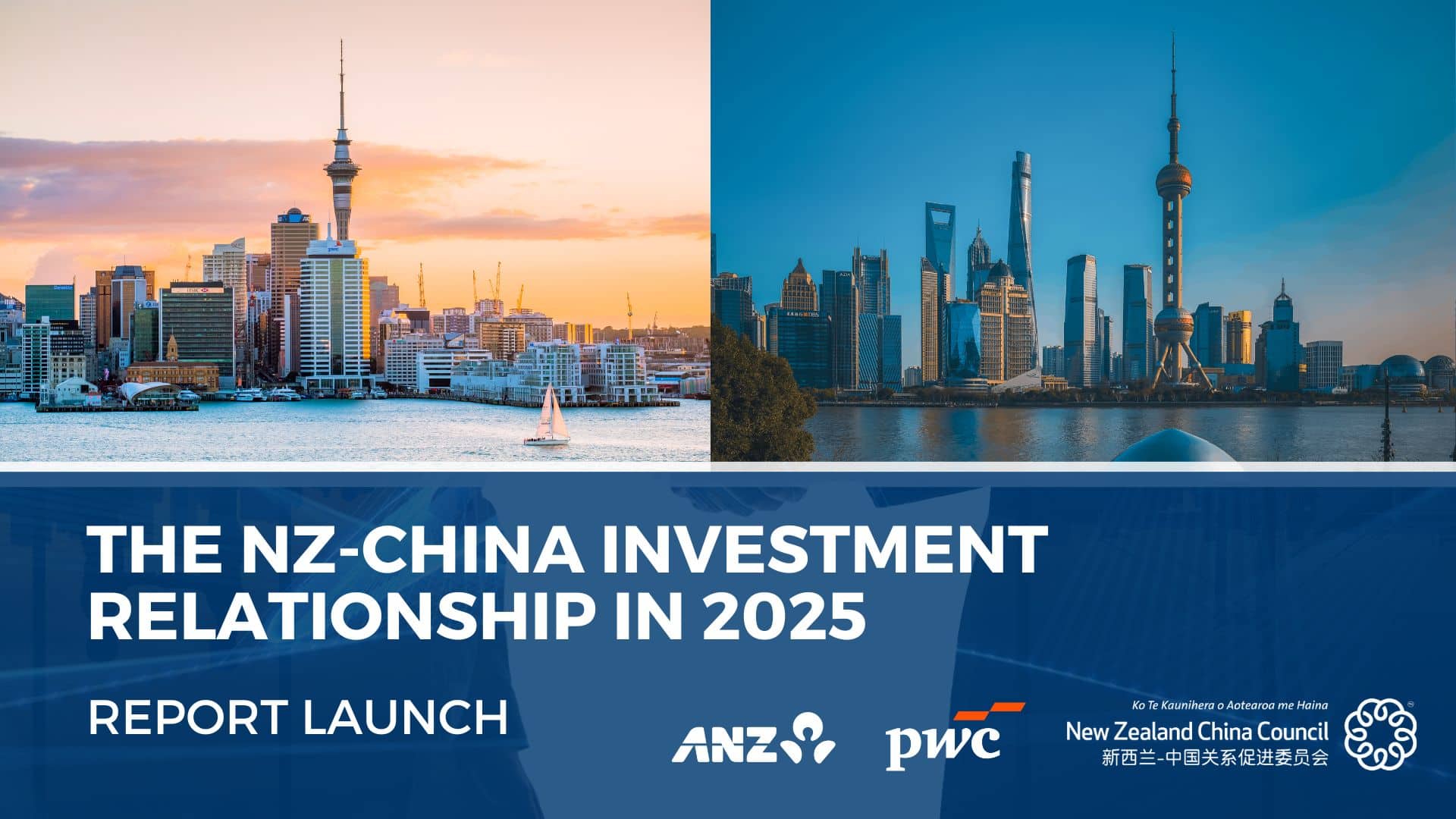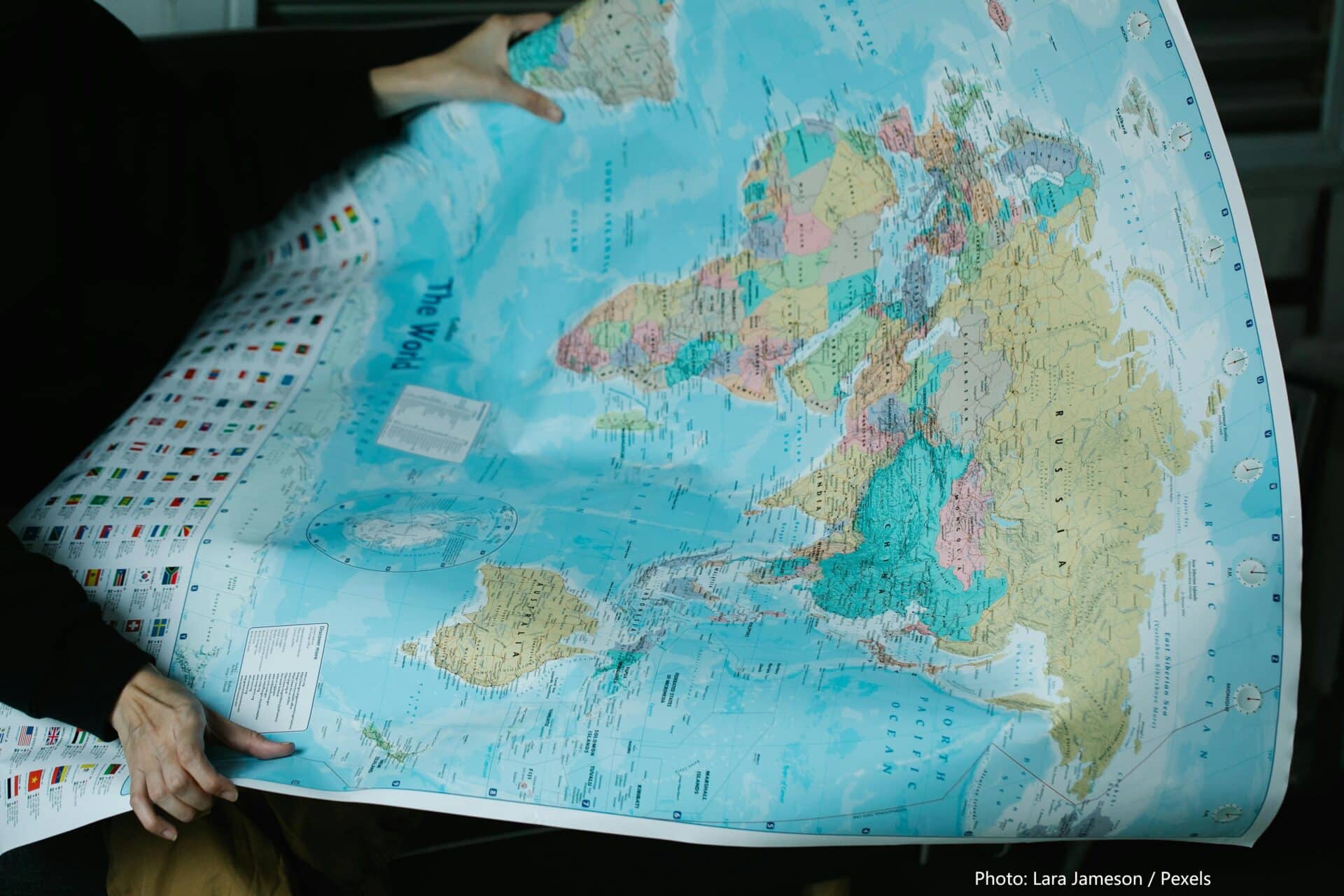Stephen Jacobi: Is Auckland stuck in second gear with China?
A question for incoming Auckland Mayor Phil Goff: How will you lift the city’s economic relationship with China?
One in 12 Aucklanders identifies as Chinese; this is the country’s commercial capital and it’s gateway for Chinese visitors, students and trade. But we are some way from realising the full potential on the economic side. For a city with such a close cultural connection with China, we risk missing huge opportunities in markets from financial services to film, tourism and technology.
Last week the Committee for Auckland released a timely new stock-take of the city’s links with China across five vectors: trade, investment, tourism, education and migration. The report attempts to set the record straight about what works and what needs still to be done. It should be required reading for the new Mayor’s economic team.
To put it simply, Auckland needs to target the premium layer of high value added activity that will drive Auckland’s economic development. So how do we make this happen?
To begin with, we need to make greater headway growing trade revenue from higher value exports where the city holds a natural advantage, such as financial and business services, niche manufacturing and technology. These are challenging areas to grow, and Auckland’s strategic direction for trade clearly needs more development.
Next, we need to need to raise Auckland’s profile among investors. Chinese investment in New Zealand is low at just $5.4 billion, with almost all of this going to our primary sectors. Auckland has an acute need for foreign capital to achieve its growth goals, and we should be thinking more proactively about how to attract Chinese investment in key projects. There are still too many anecdotal stories of Chinese investors finding little to attract them in Auckland.
On tourism, Auckland could do much better at getting Chinese tourists to spend more time here. If Queenstown is the jewel in our adventure tourism crown, surely Auckland can become the destination of choice for tourists looking for water based activities, cultural experiences or our natural environment while staying close to high quality accommodation and shopping. More hotels and more attractions can only come with investment and with facilitated approval processes.
We need to lift our game in export education. Some 70% of recent tertiary enrolments from Chinese students are in Auckland. Yet there is still a perception that Auckland can be an unfriendly and unwelcoming place to live and study. The number of Aucklanders travelling to China to study is also too low.
Finally, Auckland must become a place that all migrants, from China and elsewhere, can proudly call home. Sadly, many face ingrained attitudes and prejudices that make settling a challenge. The housing debate too often fixates on the impact of Chinese immigration on house prices rather than the broader economic potential of our relationship with China and the contribution migrants make to the city. This needs to change, and quickly.
In short, Auckland has a huge stake in a successful relationship with China. If we want to build a prosperous, dynamic, internationally connected and enterprise-friendly city, we must recognise that a richer relationship with China is a key engine that will drive this.












 MENU
MENU
